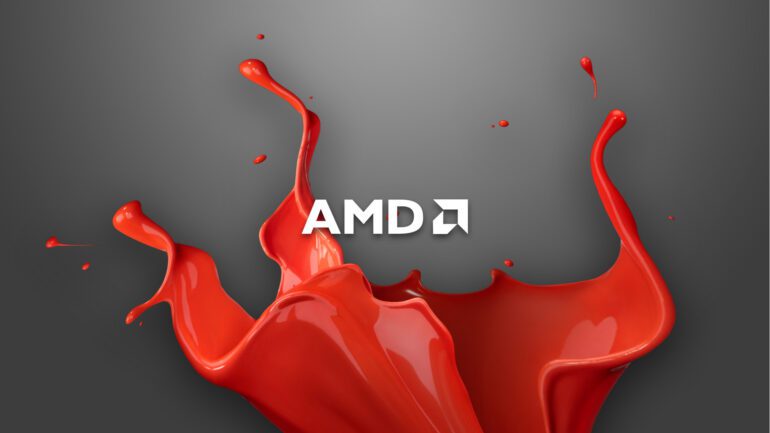TL;DR:
- AMD is betting on AI-powered personal computers (AI PCs) to compete with Nvidia and Intel in the growing AI market.
- AI PCs, equipped with specialized processors, are expected to gain momentum, with 60% of PCs predicted to have AI capabilities by 2027.
- AMD’s confidence in the AI PC segment is fueled by recent announcements, including the Ryzen 8000G Series desktop processors.
- Nvidia dominates the AI GPU market, while Intel also aims to bolster its presence with Core Ultra chips for AI PCs.
- AMD is introducing Instinct MI300X chips to rival Nvidia’s offerings and anticipates significant growth in the data center and embedded segments.
Main AI News:
As the race in artificial intelligence intensifies, US semiconductor powerhouse Advanced Micro Devices (AMD) is placing a bold bet on AI-powered personal computers, setting its sights on industry giants Nvidia and Intel. In an exclusive interview with CNBC, AMD President Victor Peng shared his insights, stating, “[The market for] AI PCs is going to continue to expand,” and expressing the company’s anticipation of increased AI PC adoption in the latter half of the year.
AI PCs, equipped with specialized processors designed for real-time language translation and other AI functions, are gaining prominence. A December report from tech research firm Canalys highlights the burgeoning demand for generative AI, forecasting that by 2027, a staggering 60% of PCs shipped will boast AI capabilities.
The catalyst for this surge in AI interest can be traced back to November 2022 when ChatGPT, a chatbot known for its uncannily human-like responses, took the digital world by storm. HP’s President and CEO, Enrique Lores, echoed the excitement surrounding AI PCs during a fourth-quarter earnings call, although he acknowledged that it might take some time for them to penetrate the market deeply.
Initially, AI-powered devices will target select segments of the enterprise PC market, but research firm International Data Corporation (IDC) predicts that their deployment will expand over time as use cases multiply and costs decrease. IDC anticipates that the integration of AI capabilities into PCs will drive upgrades, with these AI-infused PCs expected to hit the shelves this year.
Victor Peng is confident about AMD’s position in the AI PC landscape, asserting, “We are seeing AI PCs becoming a bigger factor, and we have a good lead in AI PCs with the recent announcements.” In January, AMD unveiled the Ryzen 8000G Series desktop processors, promising immense power and dominant performance for demanding tasks such as gaming and content creation.
Nevertheless, AMD faces formidable competition from industry giants Nvidia and Intel in the realm of graphics processing units (GPUs), crucial for AI and high-performance computing. Nvidia currently reigns supreme in the AI GPU market, powering renowned AI models like OpenAI’s ChatGPT with GPUs like the H100. In early January, Nvidia unveiled new GPUs tailored for generative AI applications on PCs, securing partnerships with laptop manufacturers Acer, Dell, and Lenovo.
Intel, on the other hand, launched Core Ultra chips in December to accelerate AI program execution. These processors are set to fuel over 230 AI PCs from manufacturers like Acer, ASUS, Dell, HP, and Lenovo. Peng emphasized, “AI is going to continue to be very big this year and beyond. I mean, as large as the opportunities already are, we’re still in the early innings of AI.”
AMD, too, is making strides in the AI GPU arena. In December, the company introduced the Instinct MI300X chips, designed for training large language models, directly competing with Nvidia’s H100 chips. During the fourth-quarter earnings call, AMD’s Executive Vice President Jean Hu reported, “We drove year-over-year revenue growth in our data center and embedded segments and successfully launched our AMD Instinct MI300 GPUs, positioning us for a strong product ramp in 2024.”
Conclusion:
AMD’s strategic focus on AI-powered PCs positions it as a formidable player in the AI market, competing with industry giants Nvidia and Intel. The expected growth in AI PC adoption aligns with AMD’s recent product announcements, and it reflects a broader trend toward AI integration in computing devices. As AI PCs become more influential, AMD’s advancements in this space will likely strengthen its market position and drive growth in key segments, potentially reshaping the competitive landscape.

